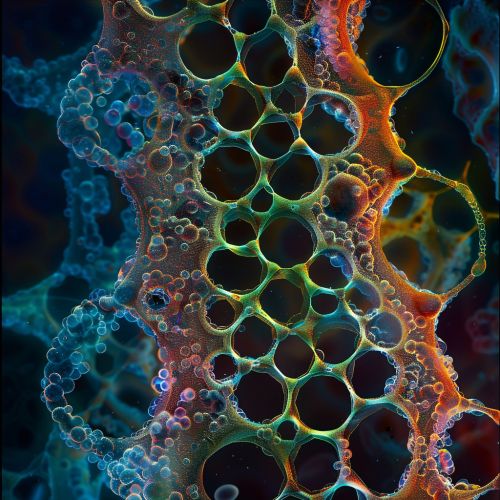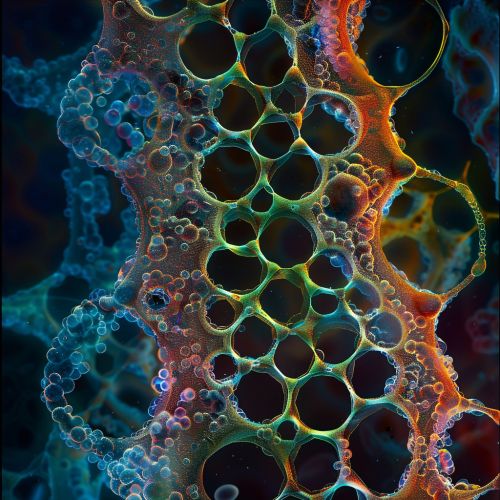Biological Theory
Introduction
Biological theory encompasses a broad range of scientific disciplines that seek to understand the complexities of life and living organisms. These theories provide frameworks for explaining the structure, function, behavior, and evolution of biological systems. This article delves into the various facets of biological theory, exploring its historical development, key concepts, and contemporary applications.
Historical Development
The development of biological theory has been marked by significant milestones that have shaped our understanding of life. Early natural philosophers like Aristotle laid the groundwork with their observations and classifications of living organisms. The advent of the Scientific Revolution brought about a more systematic approach to studying biology, culminating in the formulation of key theories such as cell theory, theory of evolution, and genetics.
Cell Theory


Cell theory, proposed by Theodor Schwann and Matthias Schleiden in the 19th century, posits that all living organisms are composed of cells, which are the basic unit of life. This theory was further advanced by Rudolf Virchow's assertion that all cells arise from pre-existing cells, emphasizing the continuity of life.
Theory of Evolution
The theory of evolution, primarily associated with Charles Darwin and Alfred Russel Wallace, revolutionized biological thought by introducing the concept of natural selection. This theory explains the diversity of life through gradual changes in populations over generations, driven by environmental pressures and genetic variation.
Genetics
The field of genetics emerged from the pioneering work of Gregor Mendel, who discovered the principles of inheritance through his experiments with pea plants. Mendel's laws of segregation and independent assortment laid the foundation for modern genetics, which has since expanded to include the study of DNA, genes, and genomes.
Key Concepts in Biological Theory
Biological theory encompasses several key concepts that are fundamental to understanding life processes. These include homeostasis, metabolism, reproduction, and adaptation.
Homeostasis
Homeostasis refers to the ability of an organism to maintain a stable internal environment despite external fluctuations. This concept is crucial for understanding physiological processes such as temperature regulation, pH balance, and osmoregulation.
Metabolism
Metabolism encompasses all the chemical reactions that occur within an organism to sustain life. These reactions are divided into two categories: anabolism (building up) and catabolism (breaking down). Metabolic pathways are tightly regulated to ensure the efficient use of energy and resources.
Reproduction
Reproduction is the biological process by which new individuals are produced. It can occur through asexual reproduction, where offspring are genetically identical to the parent, or sexual reproduction, which involves the combination of genetic material from two parents, resulting in genetic diversity.
Adaptation
Adaptation refers to the process by which organisms become better suited to their environment. This concept is central to evolutionary biology and explains how traits that enhance survival and reproduction become more common in a population over time.
Contemporary Applications
Modern biological theory has numerous applications in fields such as medicine, agriculture, and environmental science. Advances in biotechnology, genomics, and synthetic biology are transforming our ability to manipulate and understand biological systems.
Biotechnology
Biotechnology involves the use of living organisms or their components to develop products and technologies. This field has led to breakthroughs in genetic engineering, pharmaceuticals, and agricultural biotechnology, enabling the production of genetically modified organisms (GMOs) and novel therapeutics.
Genomics
Genomics is the study of an organism's complete set of DNA, including all of its genes. This field has been revolutionized by high-throughput sequencing technologies, allowing for the comprehensive analysis of genomes. Genomic research has applications in personalized medicine, evolutionary biology, and biodiversity conservation.
Synthetic Biology
Synthetic biology is an interdisciplinary field that combines biology and engineering to design and construct new biological parts, devices, and systems. This field aims to create novel organisms with desired traits and has potential applications in biofuel production, environmental remediation, and medical diagnostics.
